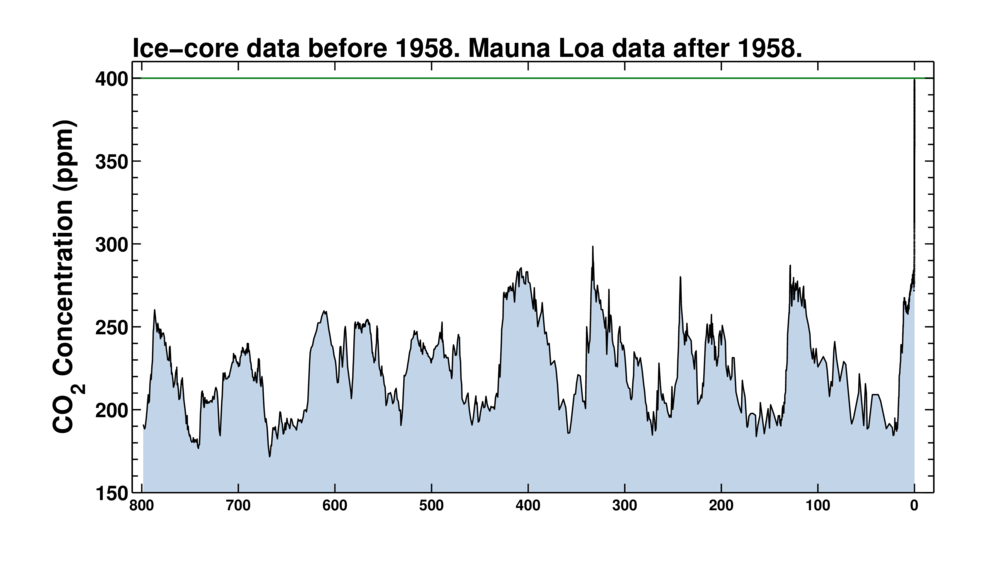Their super-hero mayor had a fun night in March, apparently:
Loaded behind the wheel of his Cadillac Escalade, high on his Jimmy Kimmel interview, Mayor Rob Ford is winding through the streets of his city.
It’s two days after Ford’s celebrated appearance on Jimmy Kimmel Live, two months before rehab.
In the course of this March 5 night, Ford will bring together two of his closest felon friends, beating one and accepting drugs from another; go on a racist tirade; and boast that he often has sex with “girls” in front of his wife, according to an account of the evening. He will suggest one man could have sex with her, a source has told the Star, recalling Ford’s words.
And yet, he remains in office, and Toronto has no recall laws. Fun times, fun times...
I may come back to these again:
Publishing the Inner Drive Extensible Architecture™ to NuGet is still coming up...just not this weekend.
I almost forgot, even though Illinois Climatologist Jim Angel blogged it earlier today. The new NCA is here. Highlights—with a distinctly Illinois-centered view—via Angel:
- In the next few decades, longer growing seasons and rising carbon dioxide levels will increase yields of some crops, though those benefits will be progressively offset by extreme weather events. Though adaptation options can reduce some of the detrimental effects, in the long term, the combined stresses associated with climate change are expected to decrease agricultural productivity.
- Increased heat wave intensity and frequency, increased humidity, degraded air quality, and reduced water quality will increase public health risks.
- Climate change will exacerbate a range of risks to the Great Lakes, including changes in the range and distribution of certain fish species, increased invasive species and harmful blooms of algae, and declining beach health. Ice cover declines will lengthen the commercial navigation season [this winter was the exception to the rule - Jim].
If you don't mind using 170 megabytes of bandwidth, you can download the whole thing (or just the parts you want).
Via Sullivan, a great example of someone committing journalism on a politician:
Sullivan comments:
Over the weekend, Washington’s journalistic class was hobnobbing with the people they cover. Bob Woodward has helped pioneer access-journalism in which favored courtiers in The Village act as stenographers for the powerful – their skills deployed merely to figuring out which of their exclusive sources is telling the truth (a wrinkle unknown, it seems, to the access-journo of the day, Jo Becker). The idea that they would wreck their access by asking a politician questions that he really doesn’t want to answer – “Isn’t your wife German?” (see above), “Can you give us evidence for your crazy pregnancy stories?” – is preposterous.
So I give you the above video, by the intrepid BBC political reporter, Nick Robinson. Watch him go for the jugular, and watch him not release his grip until the prey is whimpering, near-lifeless on the ground. A joy to watch, and Hitch, I suspect, would approve.
Brilliant. "Was your wife taking someone else's job?"
The Scripps Institution of Oceanography at UCSD reported this week that atmospheric carbon dioxide averaged more than 400 ppm in April, a new milestone:
Every single daily carbon dioxide measurement in April 2014 was above 400 parts per million. That hasn’t happened in nearly a million years, and perhaps much longer. Climate scientists have proven that the rise in human-produced greenhouse gases like carbon dioxide are “extremely likely” to be the dominant cause of global climate change. The likelihood of dangerous impacts—like sea level rise, hotter heat waves, and certain types of extreme weather—increases with each incremental annual rise in atmospheric carbon dioxide.
Carbon dioxide levels have increased by more than 40 percent since humans first started burning fossil fuels in large quantities about 250 years ago. Once released, the carbon dioxide from coal, oil, and natural gas burning can remain in the atmosphere for centuries. Thus, the crux of the problem: There just hasn’t been enough time yet since those first coal-powered factories in Europe for the atmosphere to return to equilibrium. What’s more, the pace of fossil fuel burning has since dramatically quickened—there’ve been more greenhouse gas emissions in the last 40 years than over the previous 200—so carbon dioxide buildup keeps accelerating.
So what about the hockey stick? If you look at the last 800,000 years, the chart of CO2 concentration looks more like a brick wall:

Scary.
If so, these are queued up:
More later...
Or, a few reasons why the "Send to Kindle" button helps me get through the day:
Busy day, so I'm just flagging these for later:
Back to the mines...